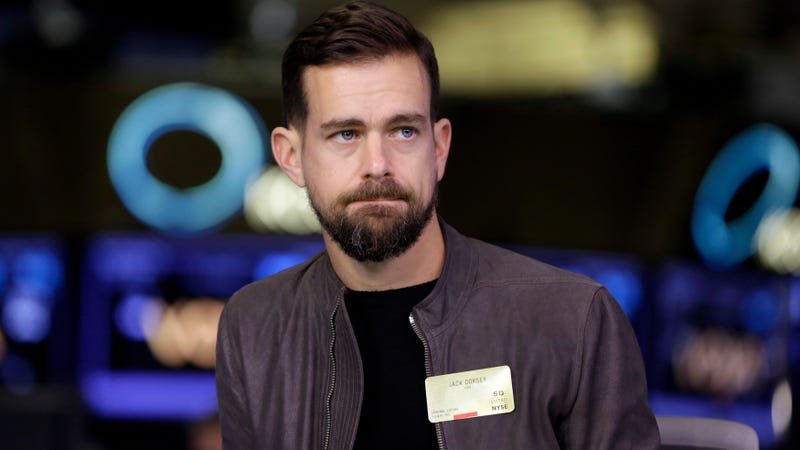 Jack Dorsey, CEO of Twitter and e-payments company Square.Photo: AP
Jack Dorsey, CEO of Twitter and e-payments company Square.Photo: AP
Square, the online payments company helmed by Twitter CEO and Bitcoin fanboy Jack Dorsey, has settled a class-action lawsuit over allegations the company pocketed tips customers believed were going to drivers for its California-based food delivery service Caviar.
According to TechCrunch, the $2.2 million settlement will pay out up to $755,000 for plaintiff Spencer Janssen’s legal fees, $10,000 for Janssen, and $1.44 million to 93,914 members of the class action in California. That means qualifying Caviar users between January 20th, 2012 and August 31st, 2015 will receive “about $15.28 per person,” though the settlement won’t be approved or denied by courts until late September 2018.
The lawsuit basically involves a dispute about an 18 percent “gratuity” charge on Caviar orders that users believed would go to the service’s drivers, but instead landed up in its bank account. Per TechCrunch:
The lawsuit claimed Square collected gratuities from customers but didn’t pass on that money to the delivery drivers. Square disputes those claims, and also points to the fact that “each driver knew in advance the amount he or she would be paid under his or her contract for each order before accepting and making that delivery,” Square’s attorney wrote in a court filing.
Square does not admit to any of the allegations in the settlement and says the drivers did actually receive the gratuities. In a statement to TechCrunch, Square said that it has “always properly compensated delivery couriers and discontinued this practice long ago to provide better transparency around costs,” and had chosen to settle in order to “avoid the cost and distraction of litigation.” (Per the Verge, Caviar bills now more clearly refer to the line item as a “service fee,” as well as added an optional tipping function.)
Square acquired Caviar in 2014 for a reported $90 million in stock, after the allegations in the lawsuit began. In 2016, according to Business Insider, Dorsey turned down a $100 million offer to sell Caviar, and Square recently released point-of-sale terminals for restaurants that come integrated with the delivery service and other elements of its payment ecosystem.
Similar allegations of app operators pocketing money intended for workers have long dogged companies like Uber, which in 2017 agreed to reimburse tens of millions of dollars to NYC drivers after it admitted it miscalculated commissions to its own benefit. Related concerns include using apps to dodge labor protections: Amazon’s convoluted Flex program, which the e-commerce leviathan uses to manage contract deliveries, may amount to a troubling scheme to misclassify workers and distance itself from the labor practices of contracted delivery companies.
[TechCrunch/the Verge]